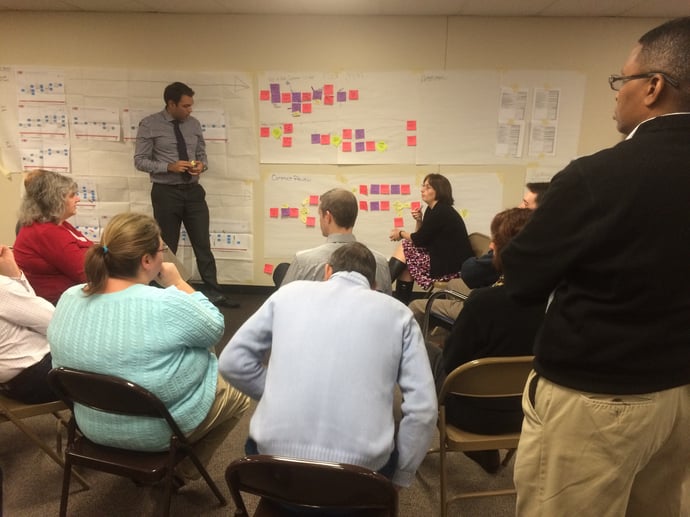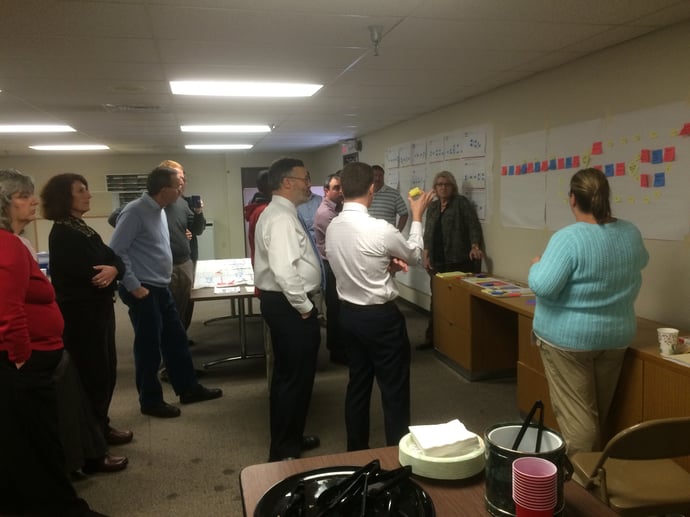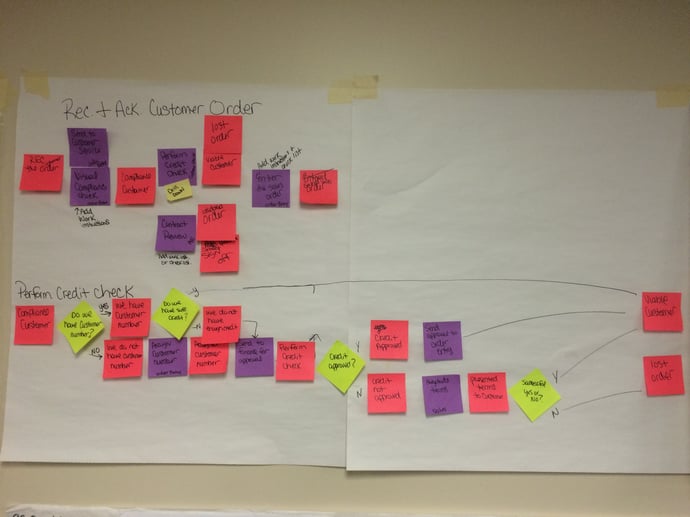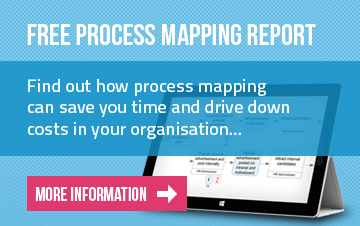Just like Liam Neeson’s character Bryan Mills in Taken, a process mapping pro needs to have ‘a very particular set of skills’. Process mapping is crucial to the long term improvement of a business. How do you know where to focus your improvement efforts if you don’t have your processes mapped? There are a few key elements to getting process mapping right.

Image from: http://www.fanpop.com/clubs/taken-movie/images/9051995/title/taken-screencap
The process maps need to:
- be an accurate reflection of how the process flows
- contain the specific level of detail required for your project
- have relevant and accurate data
- be clear and easy to understand
To ensure that you are ticking all of these boxes, the right person in your organisation needs to be responsible for creating the process maps. Getting the right person can be a tricky task, as you may not have the budget, or resources to have one full time employee doing this work, but it would help if the selected person or team have the following skills or characteristics...
1. Attention to detail:
One of the most important process mapping skills, is consistently creating the content at the level that is required for the project and required by the end users of the process maps. A process mapper needs to be able to traverse these different detail level requirements to deliver exactly what has been asked of them. This means that they will need to be able to create top level management business processes, as well as not being afraid to dive into the detail when necessary.
If the process maps are for improvement purposes, attention to detail is particularly important, as the more you are able to break activities down into their component parts, the greater the possibilities for adding and using data (required for process analysis and improvement).

2. Tenacity:
A process mapper should be tenacious and determined. Quite often when conducting process discovery sessions, there will be a burst of initial energy and output, however as times goes on, this energy may decrease or disappear altogether. It is the responsibility of the process mapper to finish what they started. There are two distinct phases in process map creation, the initial process discovery work, and then the inputting of this information in to a process library. Determination and tenacity are crucial as once you have finished with the subject matter experts (SMEs), this information all needs collating and transferring into shiny process maps, which is a completely different skill to facilitating process discovery sessions.

3. Organisation
It helps to be organised as a process mapper. Part of my role at Triaster, as a Project Delivery Consultant sees me travelling internationally from company to company holding facilitation sessions, and often having to present or hand over a finished process library within a couple of weeks (sometimes a couple of days!). A process mapper should be clear about their own working processes and have all the necessary collateral in place to keep them organised. I like to have a different folder for every one of my projects and keep them all separate.
I also try to keep printing to a minimum (which is easy when using a Triaster Process Library) to decrease the amount of paper I need to carry around. In my bag, you will always find many packs of multi coloured sticky notes and a couple of Sharpies. A packet of biscuits or sweets also comes in very handy, it is amazing how much more information you can get out of a person, when you pull out a packet of biscuits!

4. Energy
A process mapper needs to be energetic in two ways. The ability to inject energy into process discovery sessions is key, as this will ensure that the groups you are working with are engaged and focused.
Copious amounts of energy will also be required when sat at your desk creating the process maps! I find that black coffee and regular breaks help to keep you sane whilst dragging and dropping the days (and nights) away.

5. Positive outlook
It helps to have the end goal in mind at all times. There will be times when a process mapper is drowning in a sea of sticky notes, of every colour and size, but visualising the end goal and keeping in mind that your organisation or customer will be in a much better place as a result of the work you are carrying out will keep you going. The work is great fun, and is a transferable skill, which every organisation is in need of at some point!
Written by Joel Evans
Joel joined Triaster in June 2014 and spent several years delivering consultancy and training services on site with customers, helping them to achieve many different business improvement objectives, in many different corners of the world. He left Triaster in November 2016 in order to move back closer to family.
